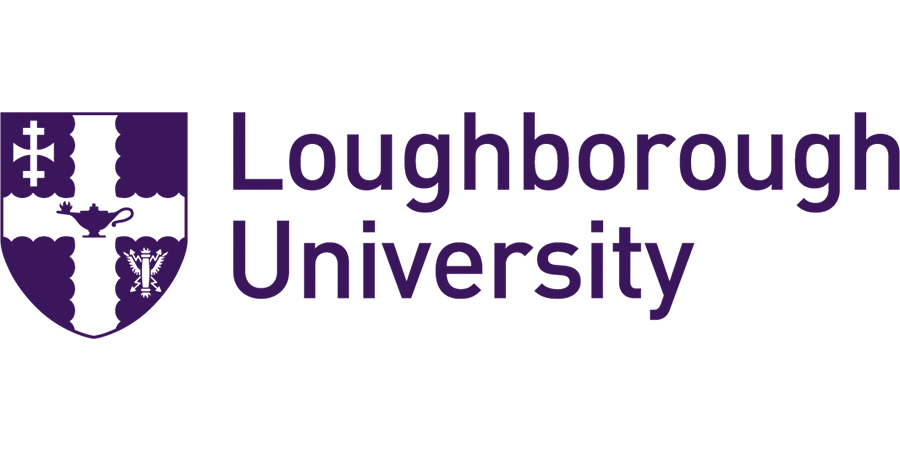PhD Studentship: Sustainable Decentralised Method for Removing Fluoride Pollution from Drinking Water
Loughborough University - Chemical Engineering
| Qualification Type: | PhD |
|---|---|
| Location: | Loughborough |
| Funding for: | UK Students, EU Students, International Students |
| Funding amount: | £19,237 per annum |
| Hours: | Full Time |
| Placed On: | 18th November 2024 |
|---|---|
| Closes: | 10th February 2025 |
| Reference: | AACME-24-011 |
Start date: October 2025
Full-time/part-time availability: Full-time 3 years
Project detail:
As a result of climate change, population expansion and industrialisation, more areas of the world are becoming “water-stressed”. Many of these places also have water sources that are contaminated naturally with high concentrations of fluoride. Fluoride is particularly difficult to remove, often using methods that are expensive, environmentally unfriendly and only viable on a large scale.
Our project will look to develop a sustainable system that are portable (decentralised) and use materials that are derived from waste or cheap materials such as bananas, biochar, clay or concrete rubble. These can then be used to obtain clean water in developing countries and disaster zones. One of the key challenges to overcome in this research is how to achieve selectivity and specificity of the bio-derived material for fluoride removal in the presence of other water contaminants while ensuring that the developed system is efficient and fit for purpose.
Sustainable water treatment is part of the circular economy research group, which focuses on re-using waste products. The project will be supervised by Drs Mark Leaper and Diganta Das, who have been involved in a number of sustainable water treatment projects and publications.
Loughborough University has an applied research culture. In REF 2021, 94% of the work submitted was judged to be top-rated as 'world-leading' or 'internationally excellent'.
We are a community based on mutual support and collaboration. Through our Doctoral College there are continual opportunities for building important research skills and networks among your peers and research academics.
Supervisors:
Primary supervisor: Dr Mark Leaper
Secondary supervisor: Dr Diganta Das
Entry requirements:
Essential criteria include a 2.1 honours degree in chemical engineering or chemistry at BEng/BSc level and an English language qualification that satisfies the university requirements. It is also desirable that the candidate has experience of analytical techniques, an interest in water treatment and previous project experience. Candidates from industry are especially welcome to apply.
English language requirements:
Applicants must meet the minimum English language requirements. Further details are available on the International website (http://www.lboro.ac.uk/international/applicants/english/).
Funding information:
Studentship type – fully funded by the University (includes both UK and International)
The studentship is for 3 years and provides a tax-free stipend at UKRI levels of £19237 per annum for the duration of the studentship plus university tuition fees.
How to apply: All applications should be made online via the above ‘Apply’ button. Under programme name, select *School of AACME/ Chemical Engineering*. Please quote the advertised reference number: *AACME-24-011* in your application.
To avoid delays in processing your application, please ensure that you submit the minimum supporting documents.
The following selection criteria will be used by academic schools to help them make a decision on your application.
Shortlisted candidates will be invited for interview as part of the selection process.
Advert information
Type / Role:
Subject Area(s):
Location(s):









